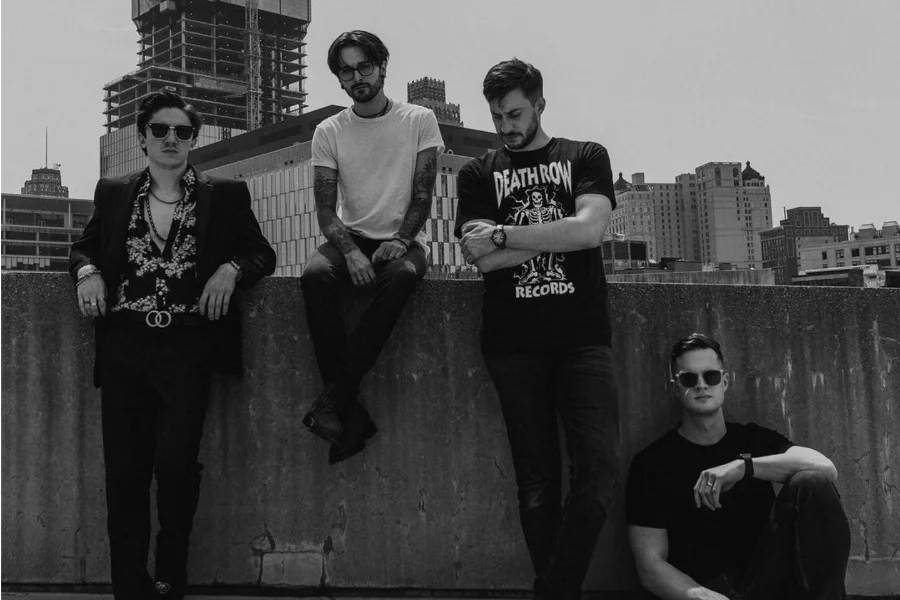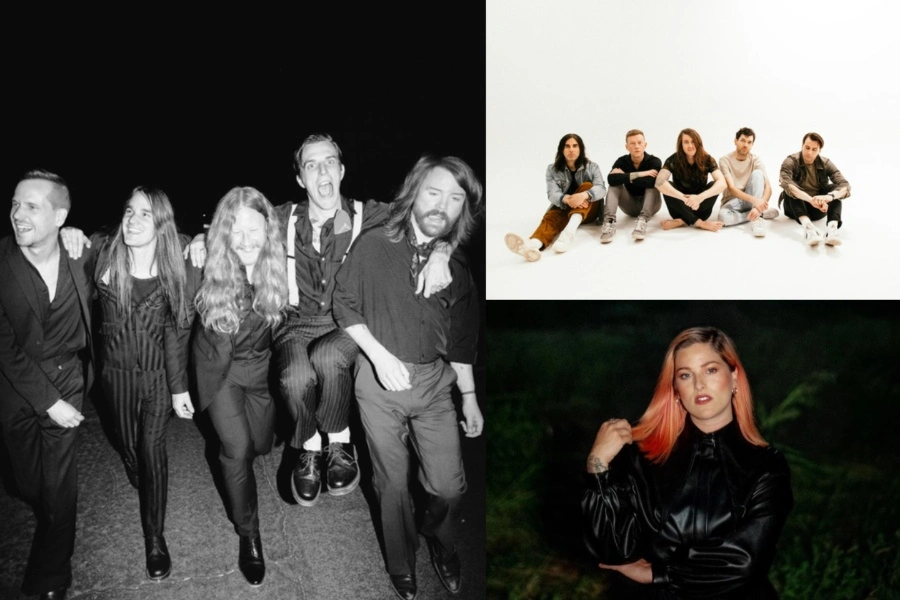As entertainment venues nationwide step up security measures in response to last week’s devastating terrorist attacks, concertgoers are seeing a greater presence of security workers and police as well as longer lines due to stricter search procedures.
But more significant changes are happening behind the scenes as venues beef up their pre-event surveillance, make adjustments to loading and backstage policies and tighten checks of all individuals – not just fans – entering the building.
“Behind the scenes is where any of the anti-terrorism type of security precautions will occur,” Gary Bongiovanni, editor of concert industry magazine Pollstar, said. “That means a better lockdown of the facility when it’s not in use, better screening of any packages or deliveries. Those kinds of steps aren’t really going to affect the average concertgoer, though certainly fans can expect more pat-downs, more metal detectors, more searching of backpacks, or outright bans of those items.”
Long before last week, the Arrowhead Pond in Anaheim, California, had entry procedures in place that involved security guards giving pat-downs, swiping fans with metal-detecting wands and looking through bags. While General Manager Tim Ryan said the venue constantly works to enhance those policies, the key changes since the attacks go well beyond screening patrons.
“It’s made us take an even deeper look at every entrance and every single nook and cranny of our facility,” he said. “We’re not allowing any vehicles to park on the ramp below the building or to stop at certain areas surrounding the facility.”
Alltel Arena in North Little Rock has decided to barricade a handicap ramp that is wide enough for a vehicle to drive through, so that nothing larger than wheelchairs can use it to access the venue.
As for the backstage area, Ryan said Arrowhead facility managers are taking a “much stronger position when it comes to backstage access, whether it’s vehicles or individuals who need to get back in that area.”
Two venue representatives, who asked not to be named, reported they had begun scanning venue employees, private security workers, band crew members and delivery workers.
“Today, every precaution is worth taking,” Bongiovanni said.
Meanwhile, venues are beefing up security personnel, camera surveillance and metal-detecting devices.
For Incubus’ shows at Hammerstein Ballroom in New York on Saturday and Sunday, organizers used the “double search” – pat-downs and metal detectors – which previously was reserved for concerts featuring rap acts, heavy rock bands or “controversial” artists, said Ken Viola, security director for promoter Metropolitan Entertainment. “Now, at least for the time being, that’s going to be fairly standard for all concerts, at least in New York City.” Viola estimated that Incubus fans waited up to an hour to enter the ballroom. Many venues suggest that fans allow themselves extra time to accommodate stepped-up security measures.
The Patriot Center outside Washington, D.C., has not changed its walk-in procedures, which range from simply handing over tickets and trotting through without any search to walking through metal-detecting machines, depending on the event. What has changed, however, is what patrons are allowed to bring in. Concertgoers there, and at the nearby MCI Center, can save themselves a trip back to the parking lot by leaving their backpacks and briefcases in the car, as all baggage and packages save for purses have been banned indefinitely.
“In general, going to events is going to be as safe or safer than it’s ever been,” said Barry Geisler, General Manager of the Patriot Center.
While items like pocket knives have long been concert no-nos, venues do not seem to be going as far as the airlines to prohibit items like tweezers and nail clippers. “I haven’t heard of anyone doing that,” Bongiovanni said.
In helping to sweep buildings prior to an event, local authorities in some cities are bringing in bomb-sniffing dogs. Other security officials said they would only take such a precaution in situations where there was a specific threat. “We’re in direct contact with not only our police department, their bomb unit, their intelligence unit, but also the FBI,” said Geoff Pepe, security manager at the Compaq Center in San Jose, California. “Any time that there might be even a casual threat against our building, we’ll take more stringent measures.
“We’ve heightened our awareness,” he continued. “But other than turning our building into a complete police state, we are as safe as we can be.”
All concert insiders interviewed for this story said the changes they’re making are permanent or at least will be in place for the foreseeable future. Chris Hansen, president of St. Paul Arena Company in Minnesota, stressed that reevaluating concert security is a constant process. “Does the threat get greater three weeks from now because the U.S. has retaliated in some way, or is it less because the security in and around the United States is so much greater overall that there’s less of an opportunity [for terrorism?]
“I think we need to keep reevaluating on a daily basis in regard to what events have gone on in the last 24 hours and how might that affect what’s going in your own neck of the woods,” continued Hansen, whose company manages the Xcel Energy Center and other venues in the Twin Cities area.
Some venue management companies, such as Clear Channel Entertainment – which operates 135 venues worldwide – have policies that prevent them from discussing changes in security. A spokesperson for Madison Square Garden and Radio City Music Hall would only confirm that the famous New York venues are tightening their security but would not elaborate, saying it could compromise those efforts.
No matter what changes are made, the concert industry hopes they won’t interfere with the fun. “We recognize that people are coming here to enjoy themselves,” the Patriot Center’s Geisler said. “There’s a fine line between being more security-conscious and crossing over it alarming people, and I think we’re going to be on the right side of that line.”





























